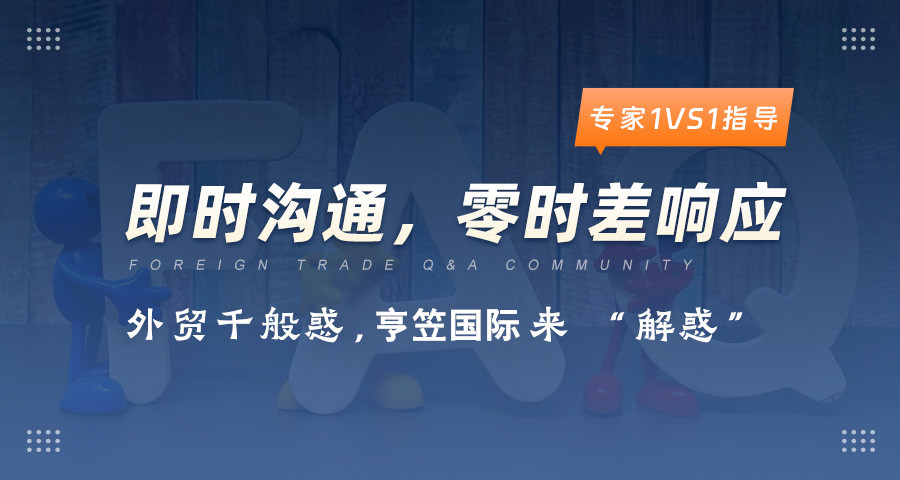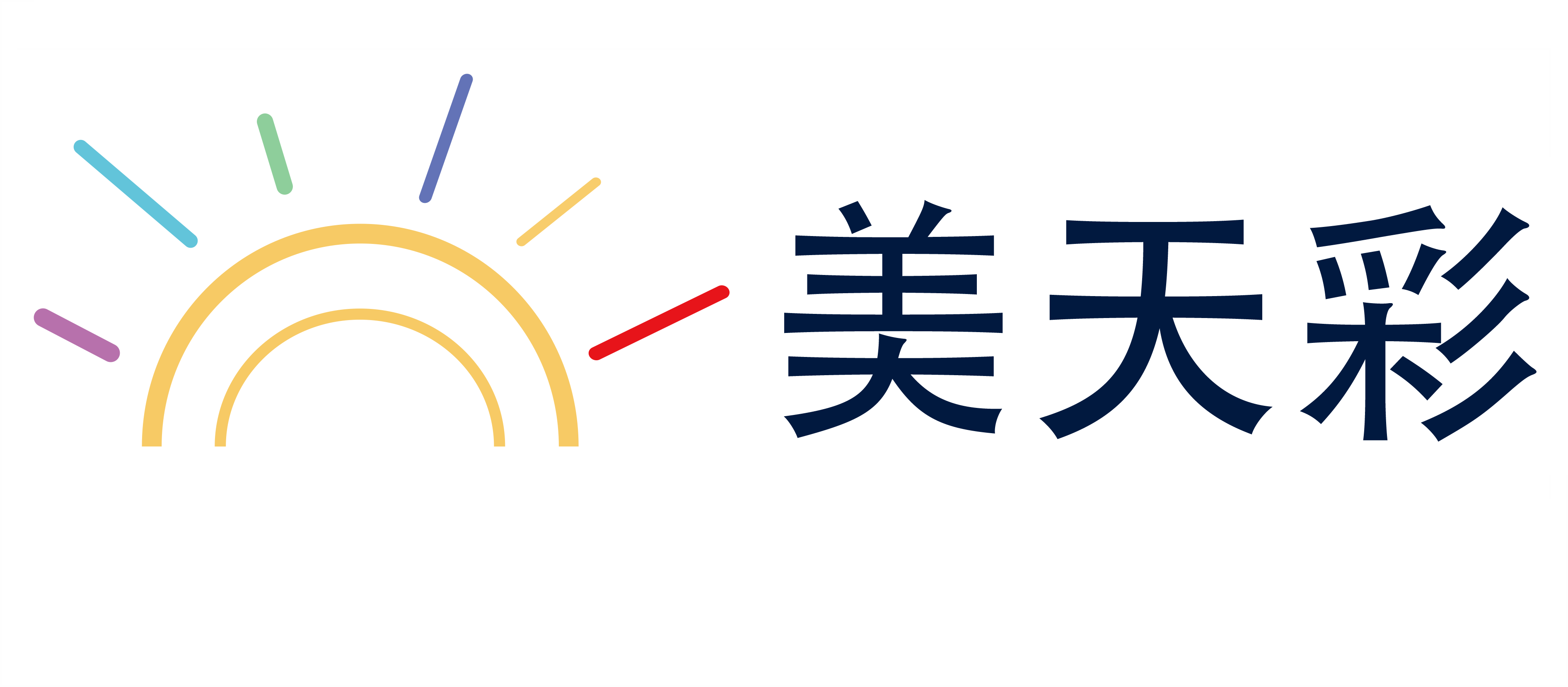化妝品配方監管新規與生產標準解析
化妝品作為人們日常生活中不可或缺的 beauty 品類,其配方的科學性和安全性直接關系到消費者的健康和形象維護。近年來,隨著消費者對 beauty 品類的日益理性追求以及全球范圍內的 quality 標準化,化妝品行業在配方監管和生產標準方面面臨著前所未有的挑戰和機遇。 cosmetic industry regulations have been increasingly strict, with the aim of ensuring the safety and efficacy of cosmetic products while meeting the diverse needs of consumers.
一、法規的背景與重要性
隨著 beauty 品類的國際化競爭日益激烈,國際化妝品監管機構對 cosmetic products 的質量標準要求不斷提高。 cosmetic industry has become a highly competitive sector globally, with cosmetic companies from around the world vying for market share. 國際化妝品監管機構對 cosmetic products 的質量標準要求不斷提高, 包括配方成分的安全性、生產過程的可控性以及對消費者健康的影響等。 cosmetic companies are required to conduct rigorous quality control measures, including testing for safety and efficacy, as well as ensuring the integrity of production processes.
化妝品行業在經歷了多年的發展后,已經積累了大量的配方數據和生產經驗,但隨著消費者對 beauty 品類的日益理性追求,現有的法規已經無法完全滿足市場需求。 cosmetic industry has developed significantly over the years, accumulating vast amounts of cosmetic formulation data and production experience. However, with the increasingly rational demands of consumers for beauty products, the existing regulations are no longer sufficient to meet market needs.
二、新規定的核心內容
根據新的 cosmetic 行業監管規定, cosmetic products 必須遵循更加嚴格的配方監管和生產標準。 cosmetic products must comply with more stringent cosmetic formulation and production standards. 具體來說,新規定包括以下內容:
1. 配方成分的科學性與安全性要求: cosmetic products 必須使用經過科學驗證的成分,且成分的安全性必須符合國際標準。 cosmetic products must use scientifically validated ingredients, and the safety of the ingredients must comply with international standards.
2. 過敏測試與成分標識要求: cosmetic products 必須通過嚴格的過敏測試,并在產品標簽上明確列出所有成分。 cosmetic products must undergo rigorous allergic testing, and all ingredients must be clearly labeled on the product packaging.
3. 生產過程的監控與質量控制: cosmetic production process 必須實施嚴格的質量控制措施,包括原材料采購、配方開發、生產過程監控等。 cosmetic production processes must include strict quality control measures such as raw material procurement, formulation development, and process monitoring.
4. 配方注冊與審批流程的規范化: cosmetic formulation registration and approval processes 必須規范化,確保 cosmetic companies 的配方開發符合法規要求。 cosmetic formulation registration and approval processes must be standardized to ensure that cosmetic companies' formulation development complies with regulations.
5. 消費者知情權的保障: cosmetic products 必須提供詳細的成分說明,確保消費者能夠充分了解產品。 cosmetic products must provide detailed ingredient information to ensure that consumers can fully understand the product.
三、新規定實施后的生產標準變化
新規定對 cosmetic production 標準提出了更高的要求,主要體現在以下方面:
1. 配方的科學性與個性化需求: cosmetic companies 必須開發更加科學的配方,以滿足消費者個性化的需求。 cosmetic companies must develop more scientifically formulated products to meet consumers' personalized needs.
2. 生產過程的嚴格控制: cosmetic production process 必須實施嚴格的質量控制措施,包括原材料采購、配方開發、生產過程監控等。 cosmetic production processes must include strict quality control measures such as raw material procurement, formulation development, and process monitoring.
3. 環境安全與可持續性: cosmetic products 必須確保其配方和生產過程符合環境安全要求,并注重可持續性。 cosmetic products must ensure that their ingredients and production processes meet environmental safety standards and emphasize sustainability.
4. 生產環境的安全性: cosmetic production process 必須在安全的環境中進行,以避免生產過程中的潛在風險。 cosmetic production processes must be conducted in a safe environment to avoid potential risks during production.
四、監管措施的加強
為了確保 cosmetic products 的質量與安全,監管機構采取了多項加強措施:
1. 更嚴格的審批流程: cosmetic companies 的配方開發必須經過嚴格的審批流程,確保其符合法規要求。 cosmetic companies' formulation development must go through rigorous approval processes to ensure compliance with regulations.
2. 第三方檢測與認證: cosmetic products 必須通過第三方檢測機構的嚴格檢測,并獲得相關認證。 cosmetic products must undergo strict testing by third-party testing institutions and obtain relevant certifications.
3. 動態監管與風險評估:監管機構會根據 cosmetic products 的市場需求和風險評估結果,調整監管策略,確保監管工作的有效性。 regulatory agencies will adjust regulatory strategies based on market demand and risk assessment results to ensure the effectiveness of regulatory work.
五、消費者層面的影響
新規定對消費者層面的影響主要體現在以下幾個方面:
1. increased consumer awareness:消費者對 cosmetic products 的安全性和科學性要求不斷提高,選擇范圍逐漸擴大。消費者對 cosmetic products' safety and science requirements are increasingly stringent, leading to a broader range of choices.
2. 透明度的提升:新規定要求 cosmetic companies 提供更詳細的成分說明,消費者可以更清楚地了解產品。 cosmetic companies are required to provide more detailed ingredient information, allowing consumers to better understand the product.
3. 消費者選擇權的擴大:消費者可以選擇更加科學、安全、個性化的 cosmetic products,滿足其多樣化的 beauty 需求。 consumers can choose more scientifically formulated, safe, and personalized cosmetic products to meet their diverse beauty needs.
六、未來的發展趨勢
未來 cosmetic 行業的發展趨勢將更加注重科學性和可持續性, cosmetic companies 將更加注重配方的科學性和生產過程的可控性,以滿足消費者日益增長的健康與 beauty 需求。 In the future, the cosmetic industry will place even greater emphasis on science and sustainability, with cosmetic companies focusing more on scientifically formulated ingredients and controllable production processes to meet consumers' ever-growing health and beauty needs.
新規定不僅對 cosmetic companies 的配方開發和生產過程提出了更高的要求,也為消費者提供了更加安全、科學、個性化的 beauty 選擇。 In summary, the new regulations not only impose higher requirements on cosmetic companies' formulation development and production processes but also provide consumers with more safe, scientific, and personalized beauty choices.
上述信息,涵蓋圖片、視頻以及各類文字資料,美天彩僅扮演信息存儲的角色。若存在任何侵犯知識產權或其他合法權益的情形,請立即聯系我們刪除,切實維護您的權益。
鄭重聲明
- 延伸閱讀:
- 上一篇:化妝品動物實驗的動物種類與使用方法
- 下一篇:化妝品注冊管理規定

Experts Q & A
外貿專家答疑
為了幫助您更快地解決問題,建議向我們的外貿專家進行咨詢,提供專業的方案咨詢和策劃。


馬上留言 (0) 0